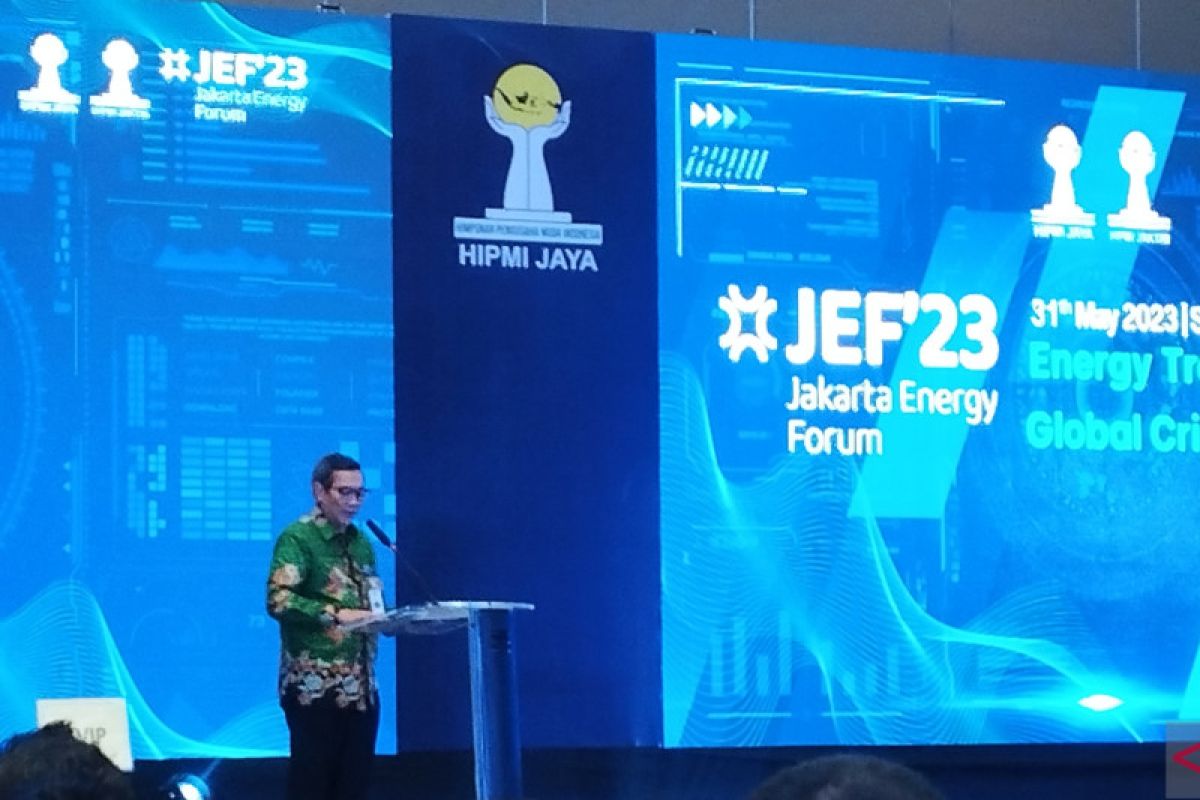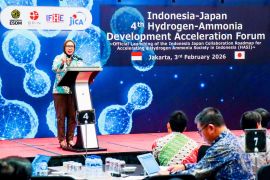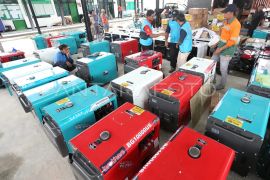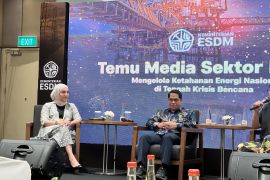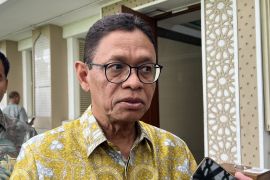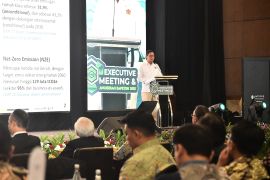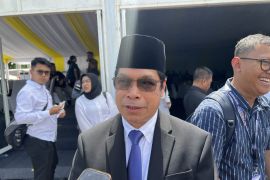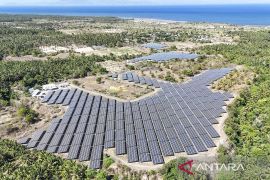It is considering that Papua region has an EBT potential of around 381 GW, especially solar and hydro energy, which can be the capital in the development of a green industry.Jakarta (ANTARA) - Indonesia's Energy and Mineral Resources (ESDM) Ministry has continued to expedite the decarbonization program’s realization to strengthen the achievement of the 2060 net-zero emissions (NZE) target by increasing the utilization of new and renewable energy (EBT).
"The decarbonization program encouraged by the ESDM Ministry is the utilization of EBT, including hydropower, solar power, geothermal, biomass, and hydrogen,” expert staff for strategic planning to the ESDM Minister, Yudo Dwinanda Priaadi, said here on Wednesday
At the “Jakarta Energy Forum (JEF) 2023: Energy Transition During Global Crisis,” he informed that the ministry is also striving to construct 20.9 gigawatts (GW) of EBT power plants and convert diesel-fuelled power plants (PLTD) to gas or EBT power plants.
He further stated that no new coal-fired power plants (PLTU) will be developed from 2030.
Furthermore, other decarbonization programs carried out by the ministry include biomass co-firing at PLTUs, geothermal exploration, mandatory use of B35 biofuel, electric vehicle program acceleration, carbon capture storage/carbon capture utilization and storage (CCS/CCUS) technology development, as well as energy performance standards establishment.
In addition, the expert staff said that his party is striving to support the development of the green industry through the renewable energy-based industrial development program.
"Thus, we will establish an industry and fulfill its power needs using a green and clean power plan. This is called a renewable energy-based industrial development," he remarked.
He noted that apart from Kalimantan region, Papua also has huge potential for the development of the green industry.
“It is considering that Papua region has an EBT potential of around 381 GW, especially solar and hydro energy, which can be the capital in the development of a green industry," Priaadi stated.
Those energy transition attempts cannot be carried out by the government alone, he said adding, they also need contributions from all public agencies, state-run enterprises, the private sector, academics, and various community associations, he emphasized.
"Business entities can optimize the use of EBT by installing rooftop solar power plants on the roof of their buildings. The private sector can also help by manufacturing supporting equipment for (developing) EBT," he added.
Related news: Jokowi lauds UK-Indonesia energy projects during meeting with PM Sunak
Related news: PLN operates largest floating PLTS in Indonesia
Translator: Benardy Ferdiansyah, Uyu Liman
Editor: Rahmad Nasution
Copyright © ANTARA 2023
